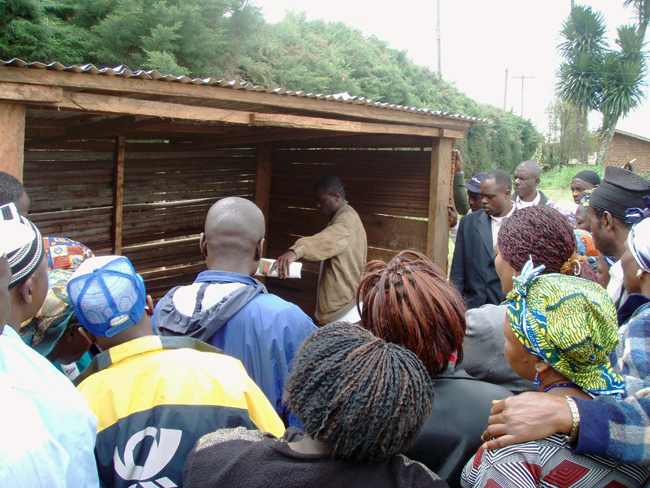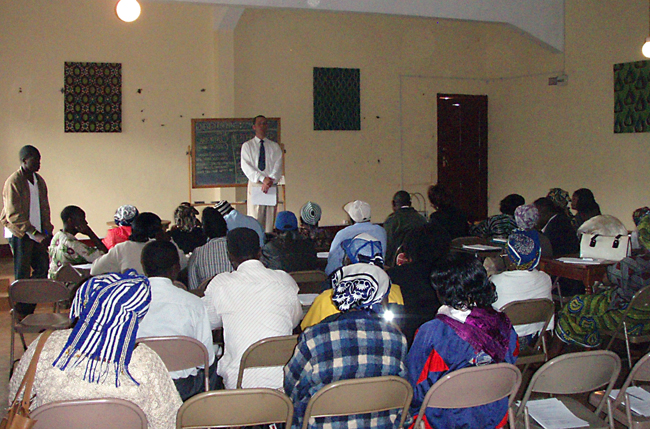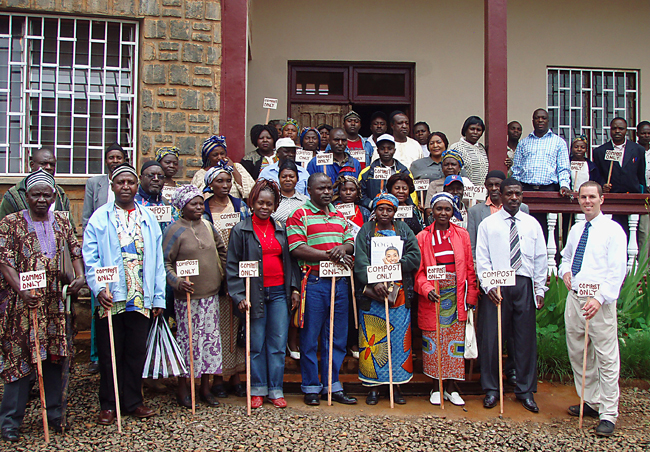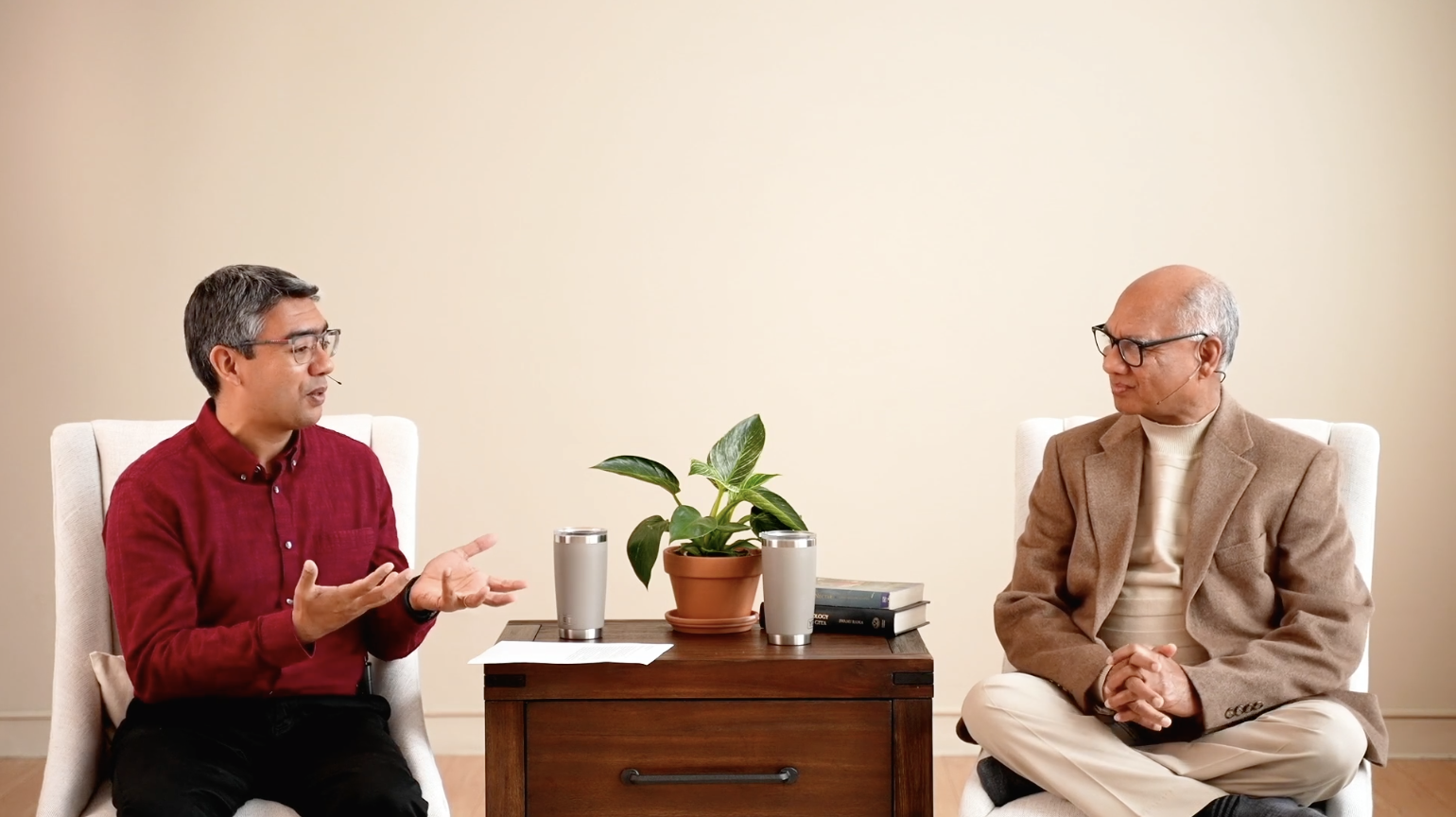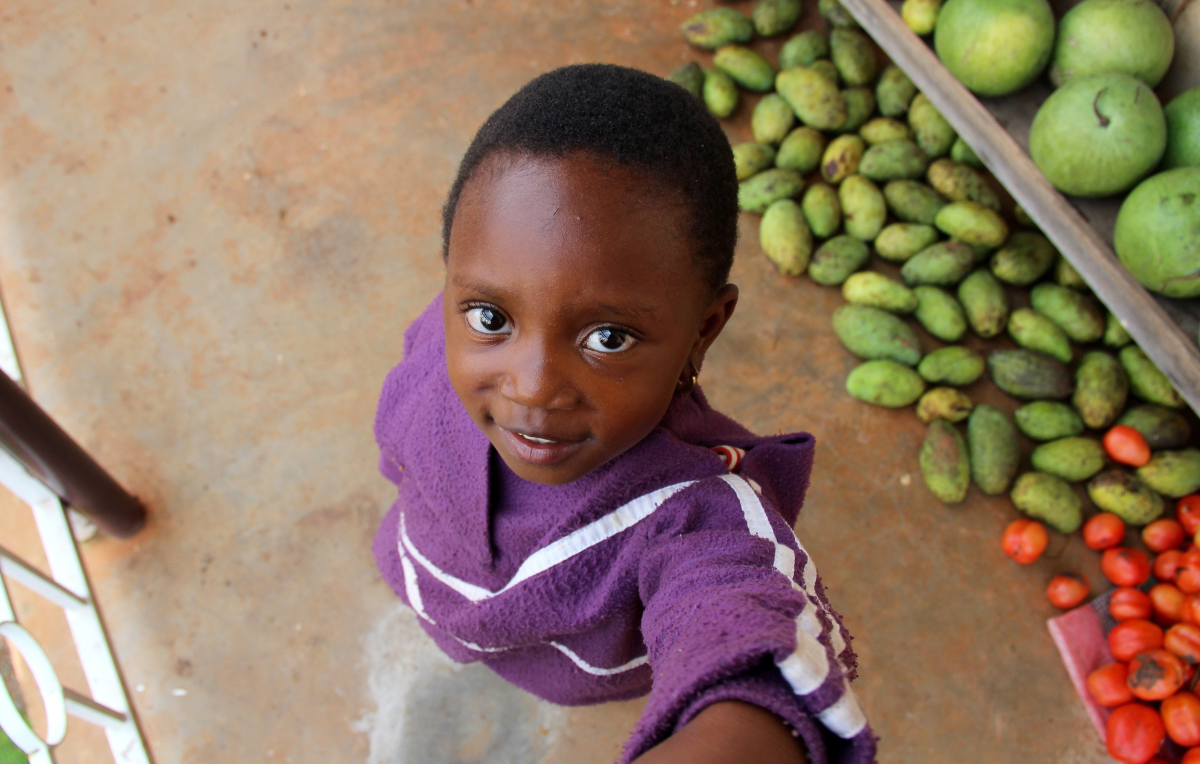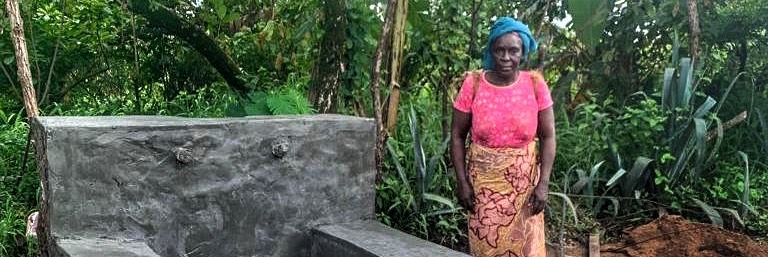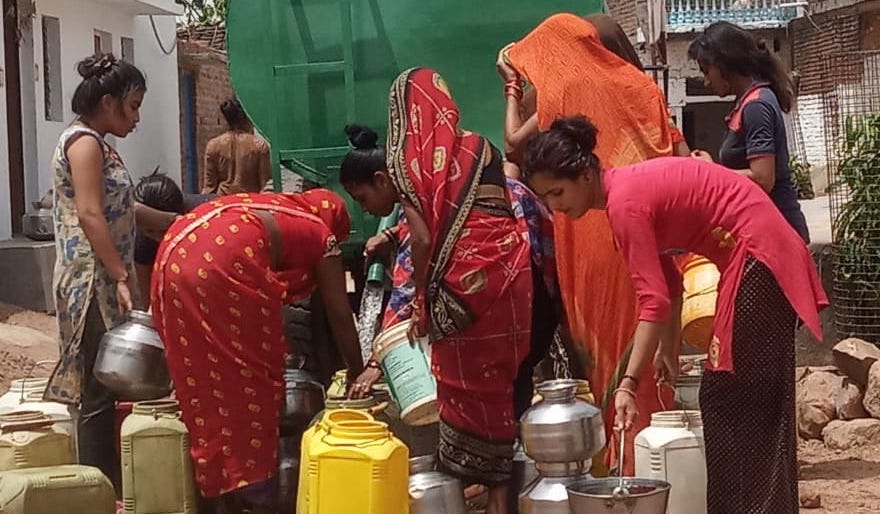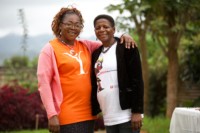On Saturday, the Himalayan Institute Cameroon’s Energy Farming team held a public seminar titled “Advanced Composting.” The event highlighted the kind of sustainable agricultural techniques that the School of Energy Farming will soon be bringing to hundreds of rural farmers.
Energy Farming consultant Luke Demuth discussed the nutritional and economical benefits of composting. “Observing the local crops—mainly the corn and the shape of its leaves—reveals that the soil here is unhealthy,” he said. “The two main factors causing the poor soil in Kumbo are the continuous, long-term growing of single crops and the fact that the majority of crops are grown on hillsides where water leaching is a big problem.”
At the heart of a sustainable solution, he said, is composting. “Composting replenishes the essential nutrients which have been leached from the soil.”
Outside, Energy Farming student Collins Litika demonstrated the composting techniques used on the Himalayan Institute Cameroon campus. The zinc roof of the compost shed (now here to block the worst of the September rains) can be easily removed during the dry season in order to maintain the proper moisture content.
Afterwards George Kangong of the RIBA agro-forestry group spoke about the different options available for creating small- and community-wide compost piles.
Every attendee was given an informational packet, a pen and paper to log their agricultural practices, and a sign reading “Compost Only.”
The importance of soil nutrients isn’t foreign to the people of Kumbo, but the most sustainable methods aren’t always the most prevalent. As one farmer explained, “We are agriculturalists and so we are familiar with this. Everyone has used the chemical fertilizers, but they are very expensive. Composting is cheap but it is difficult to make a good amount. We will take this information home so that in the kitchen the children can use two bins, one for the compost and one for the inorganic wastes.”
Demuth sees agriculture as an entryway into the more serious health and employment issues facing the region. He said, “The Himalayan Institute has major plans for crop diversification in Kumbo, including medicinal and oilseed plants, but what I encourage farmers to do now is to introduce a greater variety of food crops to their individual fields. Pure corn year after year creates imbalances both in nutrition and in soil composition. When people eat a variety of foods it benefits their health as well as their soil.”
